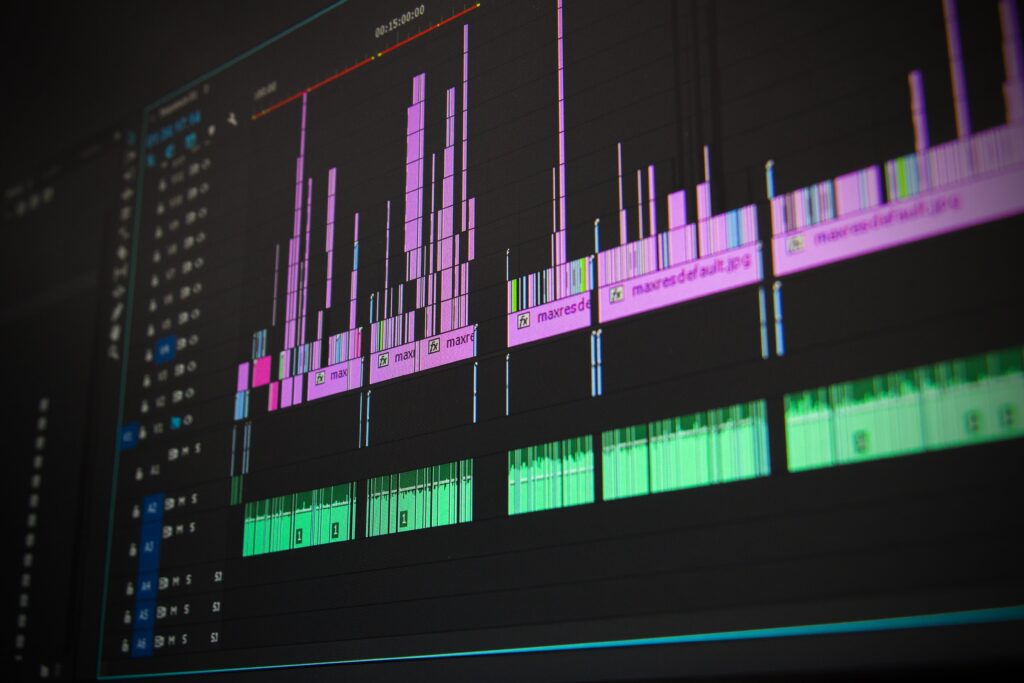
Does it still matter which production software you use?
In the ever-evolving landscape of music production, the question of whether the choice of production software still matters is one that resonates with both seasoned professionals and aspiring musicians. As technology advances and new software options emerge, the possibilities for music creation seem limitless. However, the debate surrounding the significance of the production software chosen remains a topic of considerable discussion.
Gone are the days when a handful of industry-standard software applications dominated the field. Today, an abundance of digital audio workstations (DAWs) caters to a wide range of preferences and workflows. From the stalwarts like Ableton Live, Logic Pro, and FL Studio to newer contenders such as Bitwig Studio and Reaper, musicians are spoilt for choice.
One perspective argues that the choice of production software has become less critical due to the democratization of music production tools. Many DAWs offer similar core functionalities, enabling users to record, edit, arrange, and mix music with varying degrees of efficiency. As a result, the emphasis has shifted towards an individual’s skill, creativity, and understanding of music production principles rather than the specific software they use.
Proponents of this view often point to successful artists who have achieved acclaim using a diverse array of software. The ability to create compelling music, they argue, transcends the confines of a particular DAW. Genres from electronic dance music to hip-hop and indie rock have seen chart-topping hits produced on an assortment of platforms, reinforcing the notion that the artist’s creativity is paramount.
However, an opposing perspective maintains that the choice of production software remains a crucial factor, particularly when considering specialized features, workflow preferences, and the sonic characteristics of each platform. Certain DAWs excel in specific genres or production styles, and the unique tools they offer can significantly impact an artist’s creative process.
Moreover, collaboration and industry standards still play a role in the relevance of production software. In a collaborative setting, compatibility and interchangeability between DAWs become essential. Artists, producers, and engineers need to navigate a landscape where projects may move across different studios and platforms, necessitating a degree of uniformity in the choice of software.
Additionally, the mastering and mixing processes can be influenced by the capabilities of the chosen DAW, affecting the final sound quality of a track. Audiophiles and production purists may argue that subtle nuances in sound and signal processing distinguish various software options, influencing the timbre and character of the music.
In conclusion, the question of whether the choice of production software still matters is complex and multifaceted. While the democratization of music production tools has shifted the focus towards individual creativity, the specific features, workflow, and sonic characteristics of each DAW can still be influential. Ultimately, the significance of the software choice may depend on the individual artist’s goals, preferences, and the specific demands of the musical landscape in which they operate. As technology continues to advance, the debate is likely to persist, reflecting the ever-changing nature of the music production industry.